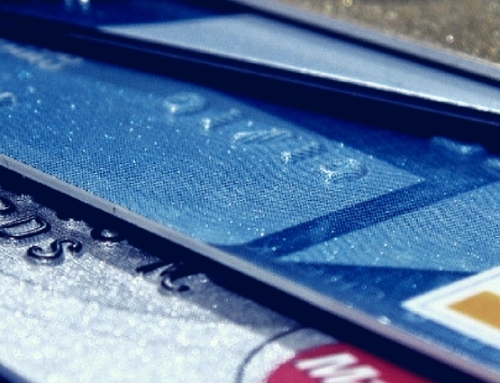Student Loans. Generally speaking if a student loan is over 7 years after the date on which a student ceased to be a full or part-time student, then the student loan debts will be eligible for discharge. That is not to say that you should be ignoring your obligations for the next few years. But, if you have reached that 7-year date, and are still struggling to keep up with payments – there may be options.
The court can reduce this period to five years if the student can successfully show that he or she would suffer undue hardship if he or she continues to be obligated to repay the student loan debt that “survived” their discharge from bankruptcy. That’s correct, this could eventually land you in bankruptcy.
However, keep in mind that student loan forgiveness is not available for most graduates. Forgiveness mostly applies to doctors or nurses. Therefore if a student happens to be a doctor or a nurse, he or she can qualify for loan forgiveness for their Canada Student Debt by working in a remote or rural area.
All students have following three options to settle their student loan debt, these are- a Settlement Offer, a Statutes Barred Claim (this is often much more complex than most students realize) or make an Assignment in Bankruptcy. Each of these options are very different, and each have their own unique advantages and consequences.
Call RECI and speak to one of our debt experts to see which option is best for you!













